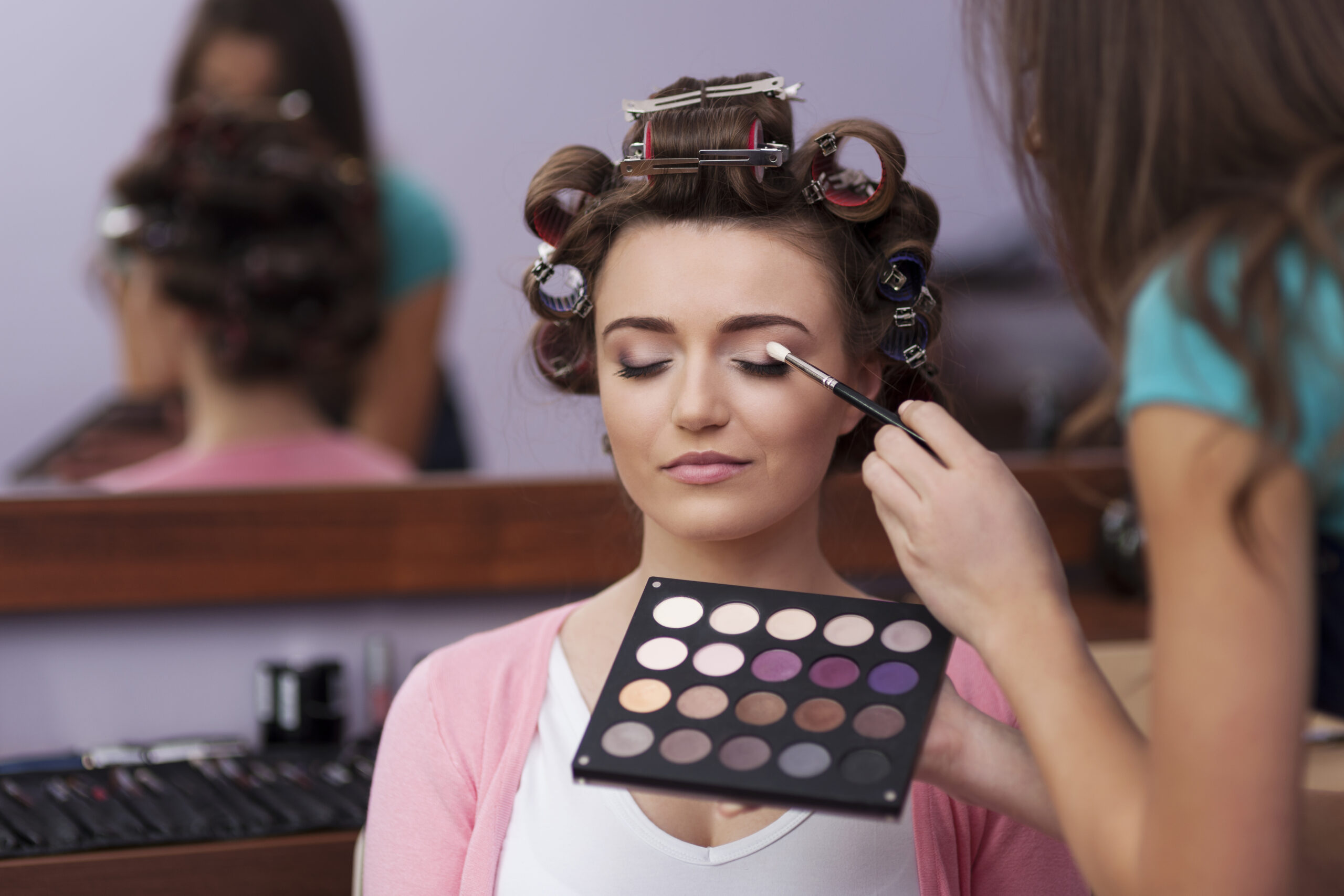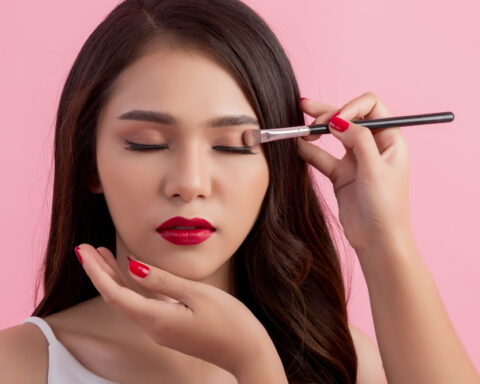In the vast beauty world, understanding makeup products goes beyond their colours and textures. Knowing the ingredients of these products is crucial for achieving the desired look while ensuring skin health. With the increasing awareness about the potential effects of certain chemicals, consumers are now more mindful of what they apply to their skin. This article aims to break down the essential ingredients for selecting makeup products.
The Importance of Ingredients in Makeup Products
Every makeup product blends various ingredients to enhance beauty, longevity, and performance. These ingredients can significantly affect the skin and understanding them is vital. They can affect skin texture and hydration levels and even cause breakouts. Thus, choosing the right makeup products begins with a solid understanding of their components.
Key Ingredients to Seek in Makeup Products
- Hydrating Agents
Moisturising ingredients are essential for ensuring that the skin remains hydrated and healthy. Look for makeup products that include:
- Hyaluronic Acid: Hyaluronic acid is known for its ability to retain moisture. It helps plump the skin and reduce the appearance of fine lines.
- Glycerin: A humectant that draws moisture from the environment, glycerin is commonly found in foundations and primers, helping to keep the skin hydrated throughout the day.
- Skin-Nourishing Ingredients
Makeup products should do more than beautify; they should nourish the skin. Ingredients like:
- Vitamins: Vitamins A, C, and E are potent antioxidants that protect the skin from free radicals, promote healing, and improve overall skin texture. Makeup products enriched with these vitamins can provide added skincare benefits.
- Natural Oils: Ingredients such as jojoba oil, argan oil, and coconut oil not only provide hydration but also possess anti-inflammatory properties, making them suitable for various skin types.
- Protective Elements
When selecting makeup products, look for those containing protective ingredients that can shield the skin from environmental stressors:
- Sunscreen Agents: Makeup products with SPF help protect against harmful UV rays. Ingredients like zinc oxide and titanium dioxide are physical blockers, safeguarding the skin from sun damage.
- Antioxidants: These ingredients help combat oxidative stress caused by pollution and other environmental factors. For protection, look for makeup products containing green tea extract or resveratrol.
- Texturisers and Film Formers
The right texture enhances the overall experience of using makeup products. Ingredients that improve texture and longevity include:
- Silicones: Often found in primers and foundations, silicones provide a smooth application and a silky finish. They can help fill in fine lines and create a flawless base.
- Waxes: Natural waxes like beeswax and carnauba wax give products a creamy texture while helping them adhere better to the skin, ensuring longer wear.
- Pigments and Colouring Agents
Pigments are the heart of any makeup product, providing colour and vibrancy. However, not all pigments are created equal. It’s essential to look for:
- Mineral Pigments: Mineral pigments, derived from natural sources, tend to be less irritating and more suitable for sensitive skin than synthetic alternatives. They provide rich colour without causing breakouts or irritation.
- Dyes: While synthetic dyes can offer a wide range of colours, they may cause reactions in some individuals. Makeup products using natural dyes can be a safer choice for sensitive skin.
Ingredients to Avoid in Makeup Products
Understanding what to look for is just as crucial as knowing what to avoid. Certain ingredients can irritate the skin or cause adverse reactions. Here are some components to avoid:
- Parabens
These preservatives are commonly used to extend the shelf life of makeup products. However, they have been linked to hormone disruption, making many consumers wary. Opt for paraben-free options whenever possible.
- Fragrance
Synthetic fragrances can trigger allergies and irritate sensitive skin. It is best to choose fragrance-free makeup products, especially if you have a history of skin sensitivities.
- Alcohol
While some forms of alcohol can be beneficial, others can be drying and irritating. Avoid products that list alcohol as a high ingredient, particularly if you have dry or sensitive skin.
- Synthetic Fillers
Some individuals find ingredients like talc and bismuth oxychloride irritating. For better skin compatibility, seek makeup products that use natural alternatives.
Choosing the Right Makeup Products for Your Skin Type
Every skin type has different needs, and selecting makeup products that cater to these needs is essential:
- Oily Skin: Look for oil-free or matte-finish products that contain ingredients like kaolin clay or salicylic acid to help control excess oil and prevent breakouts.
- Dry Skin: Hydrating foundations with creamy textures and nourishing ingredients will keep the skin looking fresh and dewy.
- Sensitive Skin: To reduce the risk of irritation, opt for hypoallergenic makeup products that are fragrance-free and formulated with soothing ingredients.
Reading Labels: A Practical Approach
Understanding ingredient lists can be overwhelming. Here are a few tips for reading labels effectively:
- Ingredients are Listed by Weight: The first few ingredients listed are usually the most abundant in the product. Pay attention to these when making your selection.
- Research Unknown Ingredients: If you encounter an ingredient you are unfamiliar with, take a moment to research it. Online resources and databases can provide insights into the safety and benefits of various components.
Final Thoughts
In the realm of beauty, knowledge is power. By understanding the ingredients in makeup products, consumers can make informed choices that enhance their beauty routines while prioritising skin health. Look for hydrating agents, skin-nourishing elements, protective ingredients, and safe pigments while being cautious of those that may cause irritation. By taking the time to understand what goes into makeup products, you can ensure that your beauty regimen not only looks good but also feels good.






